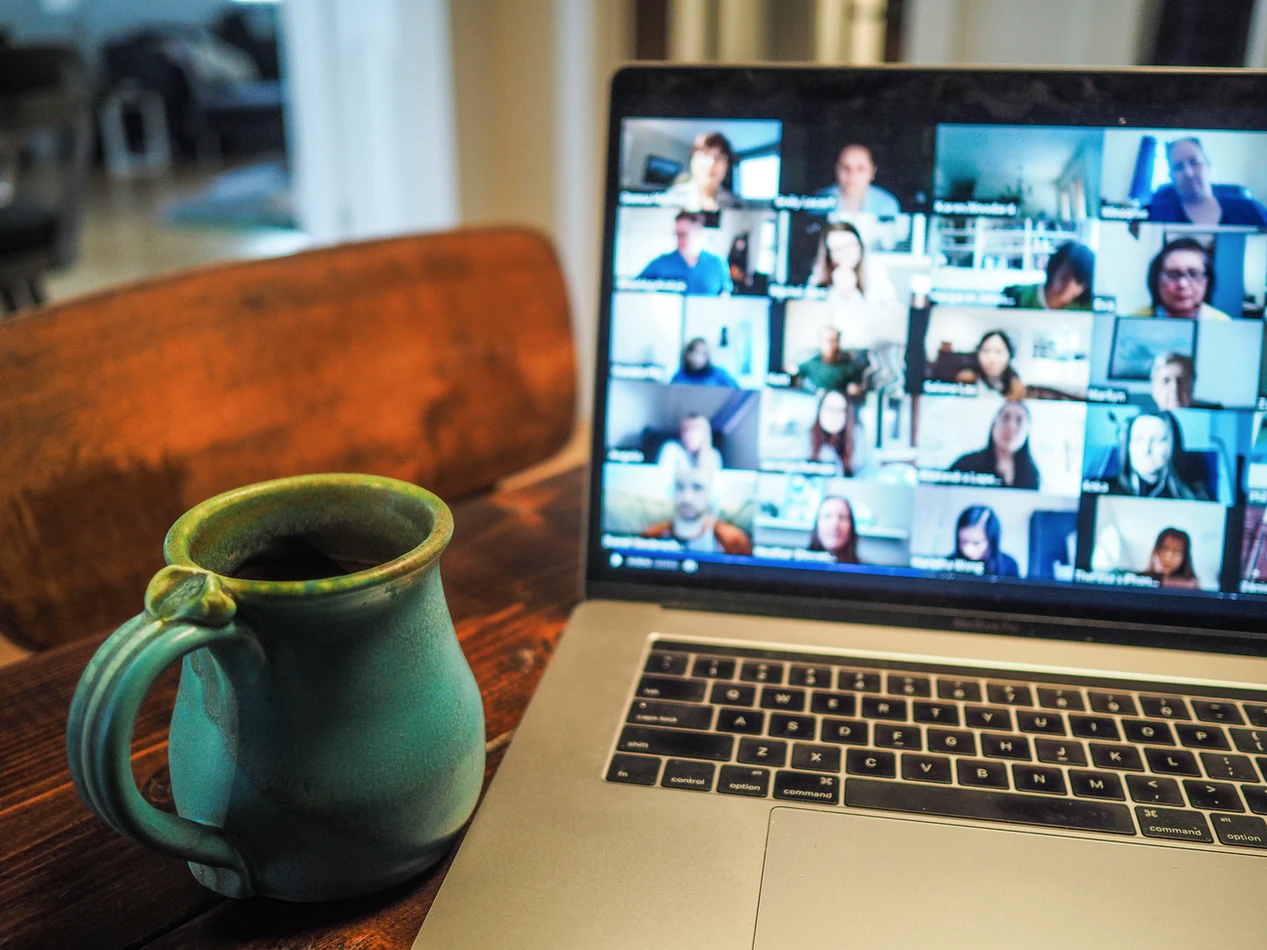Remote lectures for the Cambridge student: fast forwarding healthcare?

I write in response to the statement released by the University of Cambridge to "suspend mass lectures in person for the next academic year" [1]. It has, understandably, elicited discussion around the value of distanced learning and the wider University experience.
Firstly, it is noteworthy that small group teaching (such as supervisions) appears to be emphasised as a preserved part of Cambridge's plans. Not only does this ameliorate concerns over diminished student experience but is also pertinent given the academic value of small group teaching [2]. With regards to medicine, this bodes well considering the value of such small group sessions such as bedside teaching and clinical supervisions.
However, with regards to lectures – of which there are many in our curriculum – how should we feel about remote learning? Having worked remotely in my gap year, there are several benefits I can attest to. As a member of a busy company with sales, marketing and operations meetings, it was far more convenient to plan, deliver and rearrange meetings. It also has the added personal benefit of eliminating the cost and delays of travel and reducing peripheral distractions (for example, anyone who has attended University lectures can confirm the coughing symphony as we hit the winter months). In addition, the major video conferencing programmes offer the ability to ask questions and record the sessions, two features that enhance the value of lectures for most students. Indeed, the student consensus appears to be acceptance and engagement with online lectures [3]. From a practical point of view, provided there is adequate Wi-Fi and technological literacy, the sessions should have minimal disruptions.
Of course, we must remember that not every student can afford laptops, tablets and Wi-Fi and colleges do seem to have welfare and hardship funds designed for this exact purpose. I would also expect that we, the student body, would not take it lightly if the immense college budgets did not support those who need it. The mental health implications of lockdown must also be considered but given increased awareness, opportunities for small group teaching outside of the home and the likelihood of relaxed lockdown, we will hopefully see this situation improve.
I am reminded of a thought restructuring technique in cognitive behavioural therapy: "problems are just opportunities". We are entering a period where thousands of medical students, healthcare professionals and allied staff are engaging with technology and distanced learning for medical education. Indeed, we have already seen an immense uptake in the use of video conferencing, telemedicine (remote consultations) and medical technology for patients. For example, the use of Microsoft Teams has increased over eight hundred percent [4] and learning opportunities for medical students having shifted more heavily to online lectures, resources, and question banks to account for the reduced bedside teaching time. From a wider perspective, there has been a profound increase in telemedicine; the remote consultation software AccuRx has now, according to their website, been implemented in over 6000 GP practices. Furthermore, patients themselves are taking advantage of telehealth opportunities with NHS app registrations increasing over one hundred percent in March and electronic prescription nominations tripling to over a million in the same period [5].
Given we are working towards a technological shift as part of the NHS long term plan [6], it appears to me that the increased use of technology for medical students could equip us, the doctors of tomorrow, with valuable practice and familiarity. The pressure of Covid-19 has driven new programmes and features and raised the profile of medical technology for patients, healthcare teams and doctors everywhere. For now, we will continue to do what we can to support the Covid-19 effort but perhaps we will find opportunity in our unique position to bring forth the next technological era in the NHS.
References
[1] University of Cambridge. 'Update from the Senior Pro-Vice-Chancellor (Education) Regarding the Academic Year 2020-21', 20 May 2020. https://www.cam.ac.uk/coronavirus/news/update-from-the-senior-pro-vice-chancellor-education-regarding-the-academic-year-2020-21.
[2] Meo, Sultan Ayoub. 'Basic Steps in Establishing Effective Small Group Teaching Sessions in Medical Schools'. Pakistan Journal of Medical Sciences 29, no. 4 (2013): 1071-76. https://www.ncbi.nlm.nih.gov/pmc/articles/PMC3817785/.
[3] Tang, Brandon, Alon Coret, Aatif Qureshi, Henry Barron, Ana Patricia Ayala, and Marcus Law. 'Online Lectures in Undergraduate Medical Education: Scoping Review'. JMIR Medical Education 4, no. 1 (10 April 2018). https://doi.org/10.2196/mededu.9091.
[4] Digital Health. 'Demand for NHS Tech Soars during Coronavirus Outbreak', 6 April 2020. Accessed 14 June. https://www.digitalhealth.net/2020/04/demand-for-nhs-tech-skyrockets-during-coronavirus-outbreak/.
[5] NHS Digital. 'Coronavirus (COVID-19) Increase in Use of NHS Digital Tech'. Accessed 14 June 2020. https://digital.nhs.uk/coronavirus/nhs-digital-tech-analytics.
[6] NHS Long Term Plan. 'Chapter 5: Digitally-Enabled Care Will Go Mainstream across the NHS'. NHS Long Term Plan. Accessed 2 June 2020. https://www.longtermplan.nhs.uk/online-version/chapter-5-digitally-enabled-care-will-go-mainstream-across-the-nhs/.
Article photo credit: Chris Montgomery
- Log in to post comments










